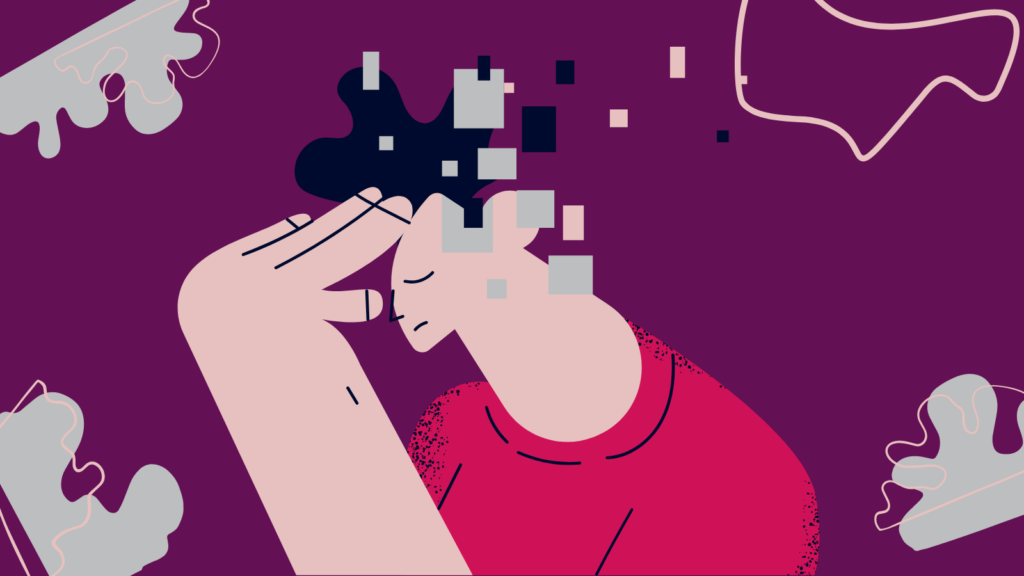Our plastic pollution crisis is too big for recycling to fix. It’stime to #actforthefuture #bergerakuntukmasadepan
The gentlest responses I have got when talking about my mental issues are “you’re probably just stressed out” and “you’re probably just tired”. Some others would question “What have you done?” referring to underlying sins that probably caused my mental issues. My parents would tell me to go to church and I did, but I still wasn’t going anywhere.
RELEVANT SUSTAINABLE GOALS
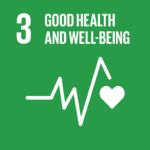
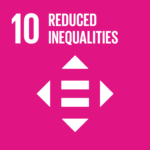
The majority of individuals are aware of the stigma surrounding mental illness. However, there is even more stigma inside communities of color, and it is particularly severe within Asian society. There is a widespread misconception within society that seeking mental health therapy equates to being “crazy“. Parents and other family members may experience fear and humiliation if you disclose you need help with your mental health.
THE DISPROPORTIONATE EFFECTS ON WOMEN
The lack of mental health services and accessibility among young women across countries in Asia are major challenges. Young women are under tremendous social pressure in every part of the world including Asia, to conform to culture and norms, and to be good members of the family and at the same time, suffer from internal conflicts. These pressures not only cause mental health challenges but also social inequality. The prevalent social stigma, the pressure to adapt to the culture, and the lack of quality mental health services for women in Asia affect the treatment of mental health issues, including depression and anxiety among young women across Asia.
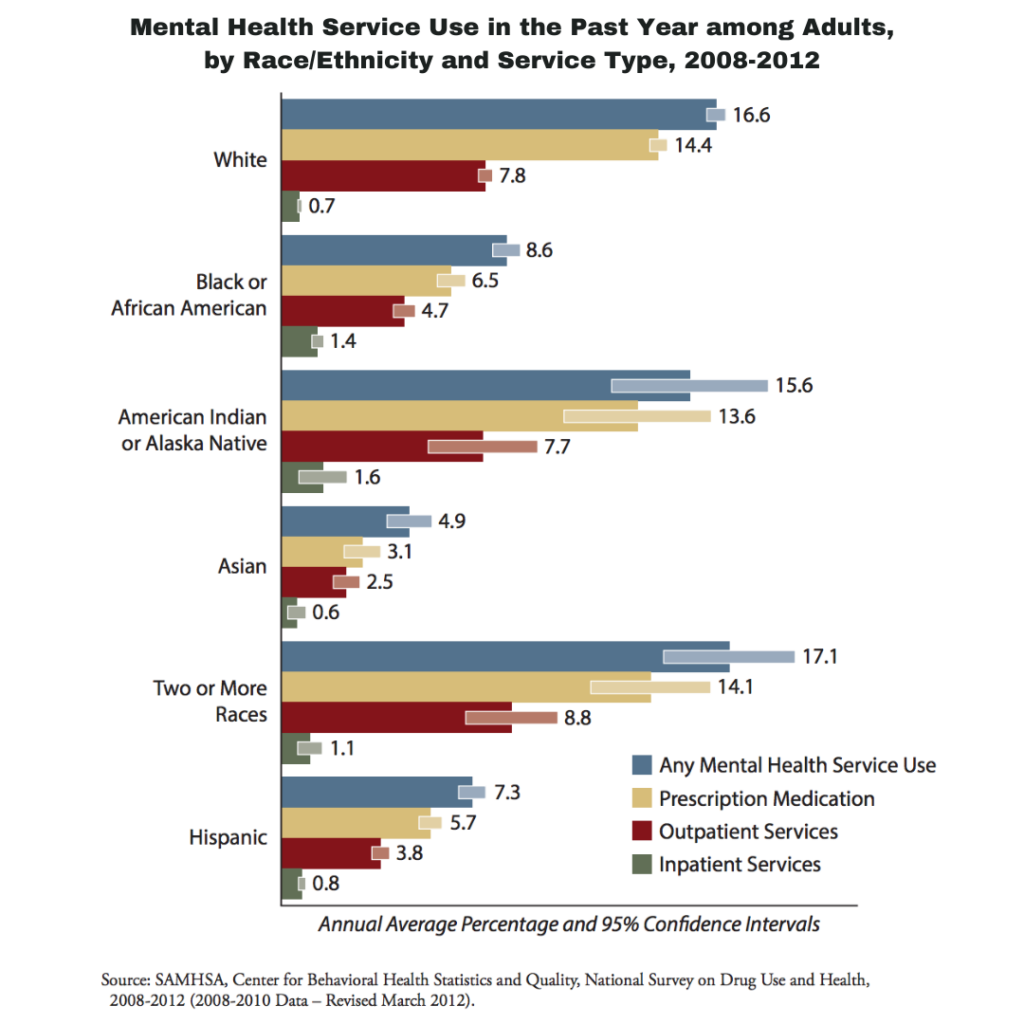
While there are many factors that contribute to women’s mental health problems, socioeconomic inequality has been long studied to have a connection to women’s mental issues. Low socioeconomic status and a wider economic gender gap have long been linked to women’s mental health problems particularly depression and anxiety.
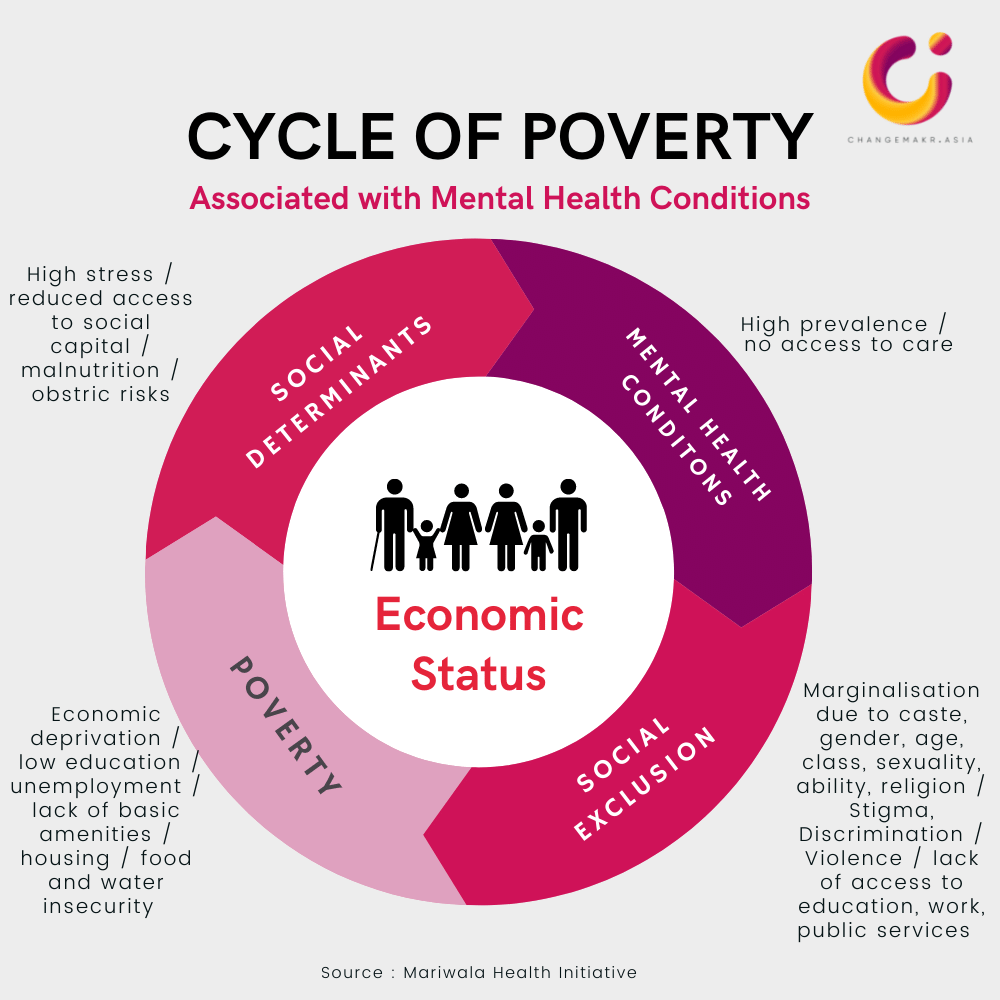
Two causal pathways: Those who live in poverty have a higher chance of mental illness. Studies have found a significant heritability of the probability of developing schizophrenia, bipolar disorder, and depression. Although the heritability of such disorders varies between environments, the heritability of such mental disorders is higher in environments that are significantly poor. On the other hand, those with mental health conditions are likely to fall into or stay in poverty. These include being stigmatized and excluded from income-generating opportunities. In addition, they may also be subject to constant spending for their medical care, which can lead to a reduction in their wealth.
Furthermore, the COVID-19 is estimated to have a more negative impact on female employment. Women’s jobs are 1.8 times riskier than men’s jobs. Women makeup 39% of worldwide employment yet account for 54% of global job losses (McKinsey & Company, 2020). Additionally, the COVID-19 pandemic, as well as the ensuing economic downturn, have had a significant impact on many people’s mental health and created new barriers for those who already suffer from mental illness.
For years, we’ve been told that mental diseases are caused by biological reasons, such as a chemical imbalance in the brain. The truth is mental illness (such as depression, anxiety, and schizophrenia) is actually a reaction to underlying faults in our lives and environments.
One feasible approach to break the vicious cycle between mental illness and poverty is by combining psychiatric service with a basic income grant to offer basic financial stability. When people have a stronger feeling of control over their well-being and financial stability, they have a better chance to generate income happily and productively.
For a change in the community, it must originate from all corners of society, large and little. And although it is encouraging to see improvements at the top of the hierarchy, those of us who are living with mental illness have the greatest opportunity to make a difference. Through our continued sharing of our stories, we can help others get the confidence they need to come out of “hiding.”
Also Read :
The True Cost of Hustle Culture


